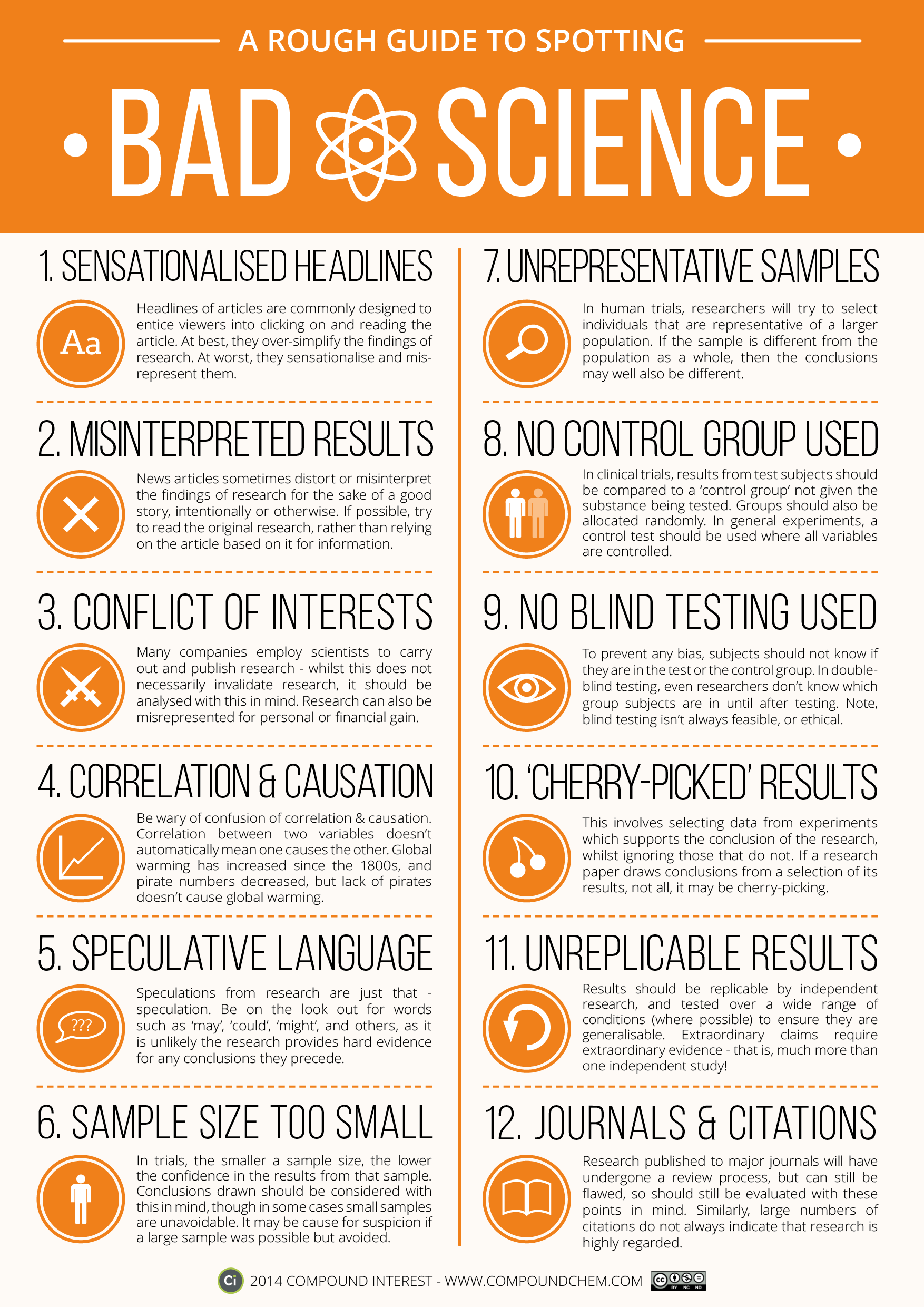Last week Donald Sterling, former owner of the LA Clippers Basketball team was banned for life from the sport and given a $2.5m fine from the US National Basketball Association over his rather overt racist remarks.
The arguments against this banning, as always, usually focus around having the ‘right to say’ what ever you want to say. The First Amendment to the US Constitution gives its citizens the right to free speech. This same right-to-say-whatever argument was used to support Phil Robertson – head of a Christian family who’s reality show ‘Duck Dynasty’ appeared on A & E network. The network suspended Mr. Roberson over his anti-gay remarks. Phil has the right to say what he wants! were the argument’s against A & E’s decision. Free speech, democracy, free speech! They are right about that – Phil does have the right to say whatever he wants, but he doesn’t have the right to not having any consequences for what he says.
In reality suspending either of these gentlemen has nothing at all to do with the right to free speech. Both of these men said what they said. They were free to say it. Were they thrown in the gulag? No. Were they drummed out of the brownies? Yes. But this is not an impediment to free speech, it is a consequence of using that right. The right to free speech doesn’t say you can say any stupid thing you want and no one is going to react to it.
Just as these gentlemen have the right to free-speech, the establishments these gentlemen represent have the right to fire them; it is really as simple as that. Using ‘hate speech’ to illicit violence being a separate issue, being racist or homophobic is your right in a Democratic country, but also your employers have a right to fire you. Both of these gentlemen have been sanctioned for their opinions, because their employers – quite rightly – don’t want to be affiliated with such overt racism or homophobia.
Meanwhile back in Britain, there is Jeremy Clarkson. Mr Clarkson who seems to be able to say whatever he wants in terms of racist comments and has no sanction. The BBC has given him “a final warning”, saying he will be fired ‘next time’ but given Clarkson’s history it doesn’t seem likely that the BBC will ever deem him offensive enough to be sanctioned. I’d really hate to see how much further he’d have to go. Perhaps arguably, Clarkson’s slurs are more covert compared with Phil Robertson or Donald Sterling, so therefore more difficult to really call racism. And after all, Clarkson always seems to have a ready apology/non-apology/I-didn’t-really-mean-it-like-that excuse for his thinly-veiled ‘casual racism’. Clarkson has spelled this all out for us, he professes to be merely confused about current culture according to Tim Adams writing for The Guardian – quoting Clarkson:
‘The N-word’ is a good case in point,” Clarkson went on. “When I was growing up it was no more shocking than ‘cauliflower’. You didn’t see Bill Grundy being escorted from Broadcasting House [for saying ‘fuck’ on air] because you were watching Alf Garnett on the other side, roaring with laughter as he peppered the screen with his racist abuse. And yet now, 30 years later, ‘the n-word’ has gone. In fact, it is just about the only word I simply would not let my children use…”
(I have replaced the original quote with ‘the n-word’ as that word is really offensive to me so I don’t want to repeat it here)
What’s the rub? Clarkson said this in 2005 – seven years prior to his utterance in 2012 or rather prior to his trying NOT to say this word seven years later.
In defense of Clarkson or rather attacking those of us who are repulsed by the man – Marina Hyde opines that The Top Gear presenter’s mumbled outtake is not equivalent to vilifying an entire race. and seems to insinuate that any one offended by Clarkson is just being unfair to the man to take his use of the N-word in context, or as she puts it
Most of the coverage of – and an unscientific half of the reaction to – Clarkson’s mumbling of what sounded like the N-word in a Top Gear outtake has appeared to be based on the misapprehension that the only context in which to consider one of Jeremy Clarkson’s remarks is a selection of Jeremy Clarkson’s other remarks. It’s a sweet idea, but it’s not going to win any arguments.
Besides not understanding what she means by ‘an unscientific half of the reaction’ – I think she is dead wrong about this. Call me a sweetheart, but the point is that Clarkson said this WITHIN the context of the kind of slurs he is constantly making. This is actually the entire point of why so many are up in arms. The man, who is a top BBC presenter stoops to covert casual racism repeatedly and nothing happens. While it is very true that unconscious bias is more insipid and much harder to identify than overt bias, I don’t think Clarkson’s comments can be attributed to some unconscious mechanism. In fact the most offensive bit about Clarkson are his continual ‘I-didn’t-really-mean-that’ or ‘back-in-my-day-it-was-ok’ excuses. Does anyone really find this believable? Even if he IS in earnest, it is no excuse, it doesn’t make what he says OK. He’s old enough to know better.
The version of eeny meany miney moe I learned as kid was:
eeny meeny miny moe
catch a Tiger by the Toe
if he hollers let him go
eeny meeny miny moe
I didn’t even know about the other version until I was at least 30 years old – and I grew up in one of the most racists parts of the Western world. My forebearers sorted it out why can’t Jeremy Clarkson? And to the BBC’s decision to give Clarkson a mere ‘final warning’? Echoing the words of Chicago Tribune Journalist Clarence Page on a radio shock-jock not being fired over similar Clarkson-esque utterances:
I know other stations — everybody knows by now, some shock jock who lost his job for less than this, or been at least suspended for a month or two. Why does Don*, a repeat offender, keep getting away with it? I want to know.
*Don being Don Imus – a radio shock jock from the US





